In my last article, I shared about the lessons learned from the passing of my mother last month. My father read it and asked if I was going to write about what I learned in working with him. After initially being dismissive (only in my mind and not out loud- we are old school) I thought about it and realized that there was a great deal to share about planning for my father’s estate.
1. Don’t give up!
My father was not from the culture that financial and estate planning happened. He is a man with a Doctorate in Education from Harvard University, however, I had to browbeat him to actually encourage him to finally complete the process. It took continued prompting for him to finally succumb. He reports having a great sense of relief. He is now a champion to so many people along the way. We have been in gatherings where he announces “You are all going to die! You need to get prepared! It is like a reformed smoker realizing the error of his ways.
Don’t take the first “no” for the answer. Keep using teachable moments to reiterate the import of having an estate plan. Unfortunately, the world is full of examples of people who have not done the right thing. Reiterate the consequences of disregarding the important steps.
2. Blended Families
My dad has been married for twenty years to a woman who is two years older than I am. (That is a completely different article, in a different publication!) In any case, they have created a blended family. It is blended in many different ways. In addition to the fact that she has two biological children that Dad is very actively involved in supporting physically, emotionally and financially, he has five biologically children and one de facto adopted child.
a. Financial Planning Period is Expanded
The greatest reality is that he has a spouse who will need to be provided for financially and she is a generation younger than he. Financial planners use metrics to determine ways in which to keep your money for your lifetime. His financial planning must take into consideration the length of time of his spouse.
b. Balancing the emotional needs of two families
Dad has been married twenty years and most of his children were adults when he got married. The children (which group I belong to) have very strong feelings about our father and want to be included in the decisions regarding the planning of my dad’s end of life. Unfortunately, we literally live around the world so it is vital to have ongoing conversations about the current plans. In our family, we haven’t had family talks about aging and life consequences. It would build lifetime bridges to have those conversations across generations.
c. There is a need for relevant and regular conversations. As we know that which used to be vitally important loses validity over time and is replaced with different values.
The lack of conversations may create confusion as well as division in the expansive family. People with the most information may clash with those that are not as current. These rifts can build chasms that last lifetimes. It is typically not the desire of a loved one to create a legacy of the division but unity.
It takes time and planning to build bridges. It takes lack of time and no planning to create chaos.
Build Unity by Future Planning


